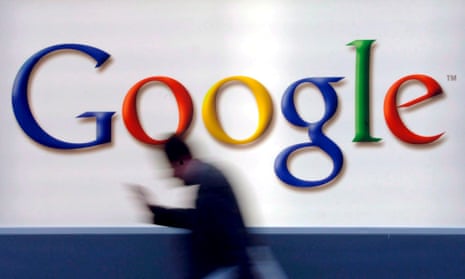Google has claimed that a change to its search rankings that pushed rivals TripAdvisor and Yelp far down the search results is due to a bug, which it is working to fix.
Over the weekend, executives from the two companies complained on Twitter that a search for locations prioritised Google’s own local search – even when the query explicitly mentioned a rival company.
Jeremy Stoppelman, the co-founder and CEO of Yelp, demonstrated that when a user searches for “yelp Ozumo” (the name of a Japanese restaurant in San Francisco) on a mobile device, Google now pushes its own results, which include a map to the restaurant and user reviews, to the top.
.@kaufer no limit to how far @google will go, tricking consumers when they ask for Yelp or Trip. Everybody loses. pic.twitter.com/Ft6Epniws4
— Jeremy Stoppelman (@jeremys) November 22, 2015
Similarly, a search for “tripadvisor hilton” put Google’s own maps, replete with the option to see how much each branch of the hotel chain costs, well above any link to TripAdvisor itself.
Gimme a break, @google. Search for "tripadvisor hilton" puts the tripadvisor link so far down you can't see it. https://t.co/fy1yO7ukDq
— stephen kaufer (@kaufer) November 22, 2015
The changes looked like an aggressive move on Google’s part to seize traffic, even from those users who clearly intended to visit a particular site. But responding to a query from Recode, the company indicated that that wasn’t the case.
“The issues cited were caused by a recent code push, which we’re working quickly to fix,” a Google spokeswoman told reporter Mark Bergen.
Others, however, queried whether it was a simple as an accidental bug. Travis Katz, the chief executive of local search firm Gogobot, pointed out that the change didn’t affect his company, or Foursquare, another site operating in the same space. As a result, Katz writes, it is “unlikely this is a bug”.
Stoppelman said that Google sounded “about as truthful as [Donald] Trump,” the controversial US presidential candidate.
The allegations come at a tender moment for the search firm. Google is currently facing an investigation by the European Union over similar accusations of favouritism for its shopping search product, and the European competition commission has hinted that that investigation could expand to include local search in the future.
And Yelp has long been pushing for the US authorities to take a similar stance in that country. This summer, it released a dossier accusing Google of manipulating searches to promote its own services. “The easy and widely disseminated argument that Google’s universal search always serves users and merchants is demonstrably false,” it argued. “Instead, in the largest category of search (local intent-based), Google appears to be strategically deploying universal search in a way that degrades the product so as to slow and exclude challengers to its dominant search paradigm.”
Google had not responded to the Guardian’s request for comment at publication time.

Comments (…)
Sign in or create your Guardian account to join the discussion